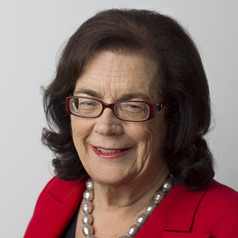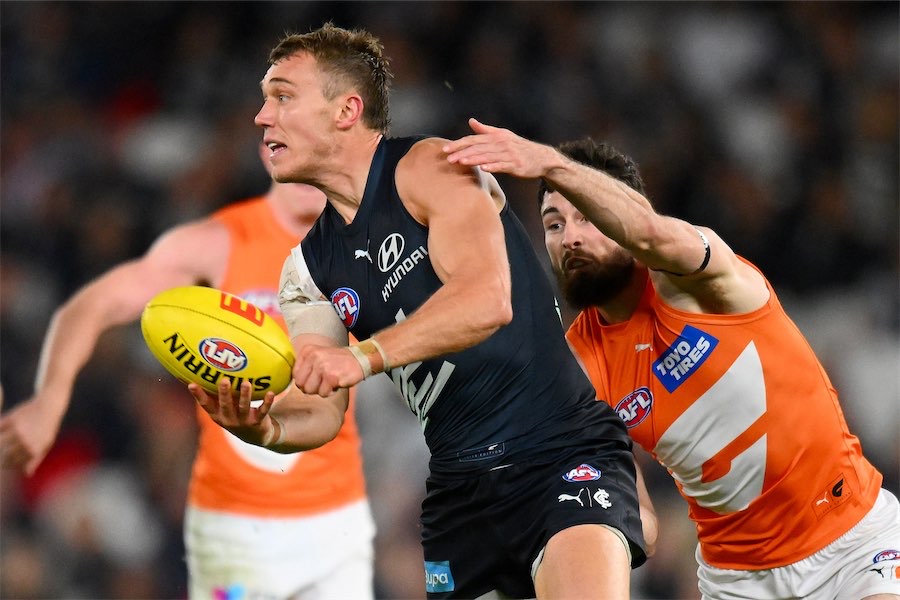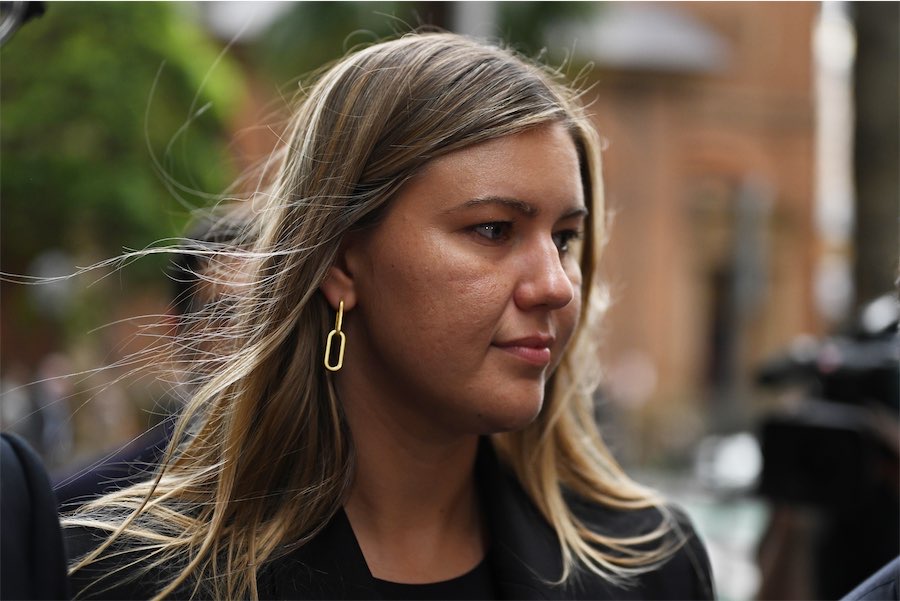By Michelle Grattan, University of Canberra
AS the Nationals this week celebrated their greatest leader, John McEwen, with a reissued autobiography, a question mark hung over the future of current leader Warren Truss.
There is an expectation within the party that Deputy Prime Minister Truss, 66, will not contest the next election, something on which he is not commenting.
Truss, Minister for Infrastructure and Regional Development, is low profile but experienced and solid. In a government where some of the most senior ministers have been accident prone, he has not made mistakes.
When the party contemplates life after Truss, the thinness in its higher reaches becomes obvious.
It has two other cabinet ministers, deputy leader Barnaby Joyce and its Senate leader Nigel Scullion, with Luke Hartsuyker and senator Fiona Nash in the outer ministry. There are two parliamentary secretaries: Michael McCormack (very well regarded) and Darren Chester.
Joyce would be the obvious replacement for Truss (with the qualification that strange things occasionally happen in ballots).
A few years ago the idea of Joyce as DPM would have seemed laughable – but then those were the days when Abbott PM sounded fairly implausible. Abbott and Joyce are personally quite close.
Joyce has never made any secret of his ambition, which has taken him from the Senate to the lower House, and experience has rubbed off many of his rough edges. But he still needs a good deal of preparation for what is hierarchically (though not actually) the second most important position in the government.
Some Liberals, especially those in the hardline dry camp, would be appalled at the prospect of Joyce, who has dampish tendencies, as DPM.
Within the Nats, MPs would be heartened at his feisty defence of his empire on Wednesday. Fighting off a push from Immigration Minister Scott Morrison to take over bio-security Joyce, answering a Labor question – that sounded suspiciously like a dorothy dixer, but wasn’t – gave a spirited case for why it should remain in his Agriculture portfolio.
Morrison’s expansionist gaze, incidentally, has caused various colleagues – including Defence Minister David Johnston, Attorney-General George Brandis, Justice Minister Michael Keenan, Foreign Minister Julie Bishop, and probably Health Minister Peter Dutton – some angst.
Nationals might enjoy imagining how “Black Jack” McEwen, who wielded enormous power within Coalition governments from his trade (later renamed trade and industry) mega-ministry, which he occupied from 1956 until his retirement in 1971, would deal with a Morrison-type territory hunter.
McEwen, however, would be critical of how the Nats have let their clout in the upper reaches of the Coalition slip away in recent years.
He writes in his autobiography of the way in which over a decade he arranged “a line of succession”, carefully selecting “adequate lieutenants”; he records that “I was quite tough and ruthless in passing over good men to put in people with greater potential”.
The legacy of McEwen’s foresight, helped by some strong talent in the ranks, was that going into the post- McEwen era, the then Country party had Doug Anthony, Ian Sinclair and Peter Nixon as a formidable trio to prosecute its interests and policies.
The present Nationals are far from that happy position. Talent spotting and training has been neglected by successive leaders. Their current people require a lot of grooming and pushing. McCormack and Chester should be more to the fore publicly, as should some of the younger backbenchers.
The Abbott-Truss Coalition has operated smoothly enough. The Nats had an important win when Treasurer Joe Hockey rejected the foreign bid for GrainCorp. But there are some tensions below the surface in this marriage.
With the Liberal party these days both dry and quite right wing, the Nationals are more centrist than many of their Coalition colleagues. This can be confusingly masked by the social conservatism of some Nats. It is not surprising when you consider their electorates. Of the 15 lower house seats held by the Nationals, all but three are below average in income, according to NATSEM calculations based on census data. The Nationals have the bottom seat (Cowper) and third bottom (Hinkler) in the 150-member house.
So it figures that National MPs have been critical, some publicly, of Abbott’s proposed generous paid parental leave scheme, and worried about the impact on their constituents of various budget measures.
There is also some unease in the party that, more than a year into government, foreign investment changes haven’t been introduced. The election promise was that thresholds would be lowered for Foreign Investment Review Board scrutiny of proposed foreign private sector purchases of farm land and agribusinesses. Bids from state-owned enterprises are already all scrutinised.
When launching the government’s green paper on agriculture this week, Joyce highlighted both farmers’ rights versus those of miners, and the perennial issue of supermarkets’ power.
“Agriculture can work with mining, but mining’s call must be subordinate to the protection of [land, aquifers and waterways]. The cash flow of a 40-year lifespan of a mine will never match the 40,000 years of the land if the agricultural asset is compromised,” he said.
“Likewise the property rights of the landowner must be respected or the fundamentals of a free enterprise society becomes a cynical hypocrisy.”
On the market power of the buyers of farmers’ production, Joyce noted: “It is always in the interests of any entity to strive for the position where you can pay less than a product is worth and sell it for more than it should genuinely retail. There are far more stringent controls of this monopolistic problem in other countries – countries who celebrate a greater heritage in market conditions than those that exist in our nation”.
The changing of the guard at the top of the Nationals, whenever it occurs, could bring some interesting times.
![]()
Michelle Grattan does not work for, consult to, own shares in or receive funding from any company or organisation that would benefit from this article, and has no relevant affiliations.
This article was originally published on The Conversation.
Read the original article.
Who can be trusted?
In a world of spin and confusion, there’s never been a more important time to support independent journalism in Canberra.
If you trust our work online and want to enforce the power of independent voices, I invite you to make a small contribution.
Every dollar of support is invested back into our journalism to help keep citynews.com.au strong and free.
Thank you,
Ian Meikle, editor





Leave a Reply